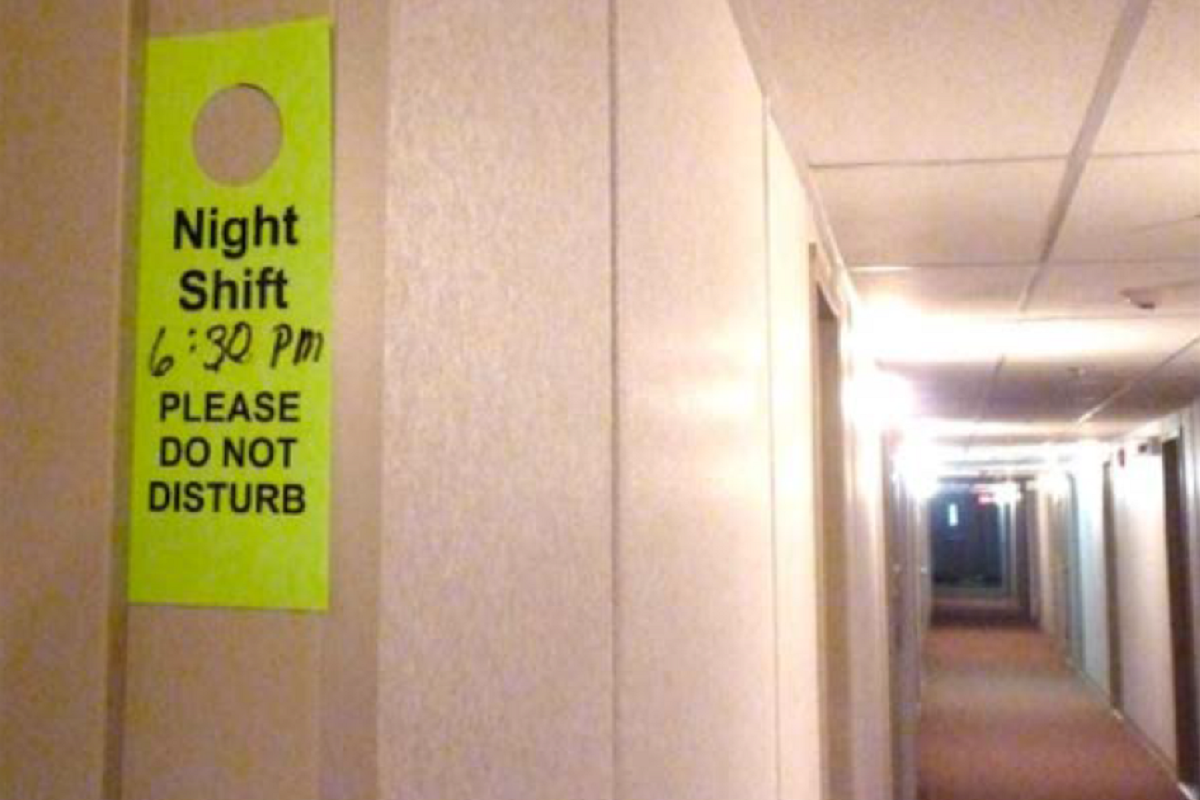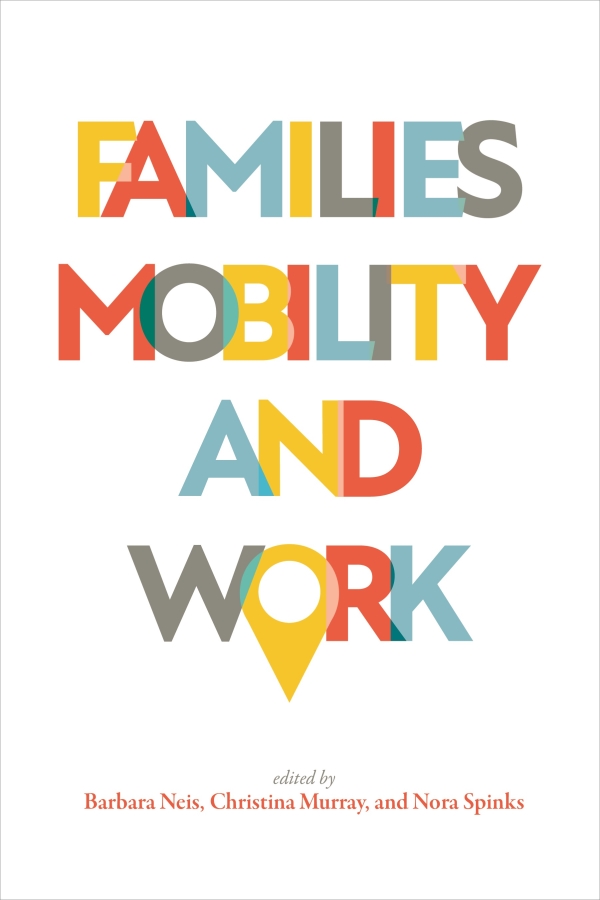
October 18, 2022
“Letters from Camp: Work, Family, and Time in a FIFO Regime” (Families, Mobility, and Work)
A qualitative exploration of families, mobility, and “fly-in, fly-out” work.
October 18, 2022
In the chapter “‘When You Got a Disability You Get Good at Networking’: An Interview about Work Mobility with a Disability and the Evolving ‘Family’ That Supports It,” Memorial University researcher Dana Howse interviews Mandy Penney, a woman with cerebral palsy, to highlight the roles family and friends play in the ability of people with disabilities to manage employment expectations in the context of limited work, transportation, and housing options.
This chapter is one of many rich contributions included in Families, Mobility, and Work – a compilation of articles and other knowledge products based on research from the On the Move Partnership. Published in September 2022 by Memorial University Press, this book is now available in print, as an eBook, and as a free open-access volume available in full on the Memorial University website.
“These ‘fragile synchronicities’ between work and family are felt in the efforts to keep in touch by video chat and phone, in the frustration of missing out on family events, and in the domino effect of adjustments to family rhythms and relationships each time a worker returns home and then leaves again.” – Sara Dorow, PhD, and Sandrine Jean, PhD
Access Families, Mobility, and Work
Chapter abstract 
Through the device of two letters written to loved ones back home – one from a camp housekeeper and one from an oil worker – we illustrate how work, family, and time intersect in a fly-in, fly-out (FIFO) mobility regime. Drawing on dozens of interviews with both trades and camp workers in the Alberta oil sands, we have crafted these letters to illuminate the web of temporalities that characterize FIFO work and to foreground FIFO workers’ struggles to navigate its rhythms and arrhythmias. Relations of work, family, and time become especially salient in camp, an “in-between” place that is not formally work but is almost never home.
About the authors
Sara Dorow, PhD, is Professor and Chair of Sociology at the University of Alberta, where she teaches and conducts research in the areas of globalization, migration and mobility, gender, family and work, and qualitative methods. She has been conducting research and publishing articles on the lived experiences of the oil sands political economy of northern Alberta for over a decade. She headed the Alberta team for the national research project On the Move: Employment-Related Geographical Mobility in the Canadian Context.
Also from Sara Dorow:
Circuits of Care: Mobility, Work and Managing Family Relationships
Sandrine Jean, PhD, is Assistant Professor of Anthropology at Memorial University of Newfoundland. Her work has focused on work–family balance, work-related mobility, social construction of space, cultural diversity and public space, and home and housing choices, as well as youth and family.
Stay in the know
InfoVanier
A monthly newsletter of research, resources, and events
Linktree
Get alerts on new Vanier Institute publications, events, and announcements
